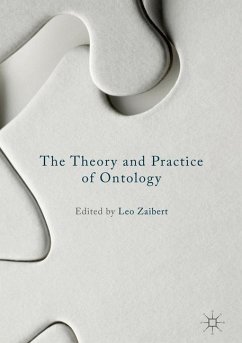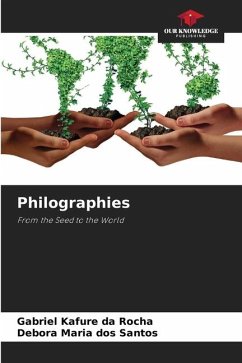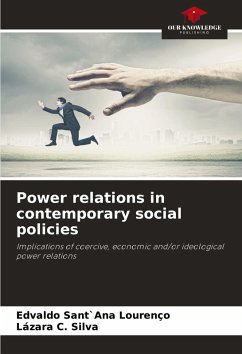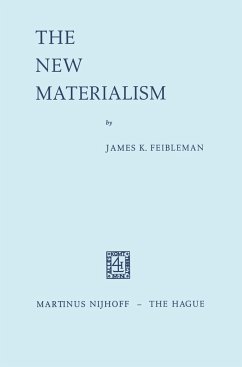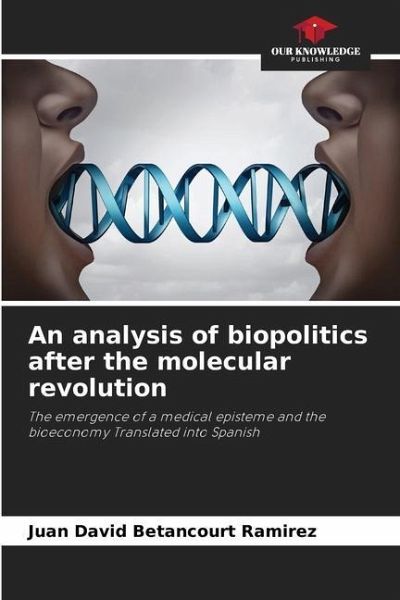
An analysis of biopolitics after the molecular revolution
The emergence of a medical episteme and the bioeconomy Translated into Spanish
Versandkostenfrei!
Versandfertig in 6-10 Tagen
41,99 €
inkl. MwSt.

PAYBACK Punkte
21 °P sammeln!
Public medicine as an institution in the 21st century must be understood in terms of the principles and actualizations of biological theory, which constitutes its epistemic foundation. In other words, from the way we understand life, we need to understand its politicization and stateization: the biopolitics of population. After and with the "molecular revolution" of the twentieth century, the process of "molecularization" of biology was consolidated [Morange, 1994: 6-8], and successfully extrapolated to the field of medicine. This opened the gap between molecular medicine and conventional medi...
Public medicine as an institution in the 21st century must be understood in terms of the principles and actualizations of biological theory, which constitutes its epistemic foundation. In other words, from the way we understand life, we need to understand its politicization and stateization: the biopolitics of population. After and with the "molecular revolution" of the twentieth century, the process of "molecularization" of biology was consolidated [Morange, 1994: 6-8], and successfully extrapolated to the field of medicine. This opened the gap between molecular medicine and conventional medicine, insofar as the former defines pathologies in a "genotypic-deductive" way, while the latter is above all "phenotypic-inductive". Molecularization" and "geo-netization" bring about a division at the heart of techniques, epistemic principles and diagnostic methods at the core of medicine, which forms the basis of the emergence of ethics committees in public health, a manifest form of the new characterization of genetic biopolitics.



